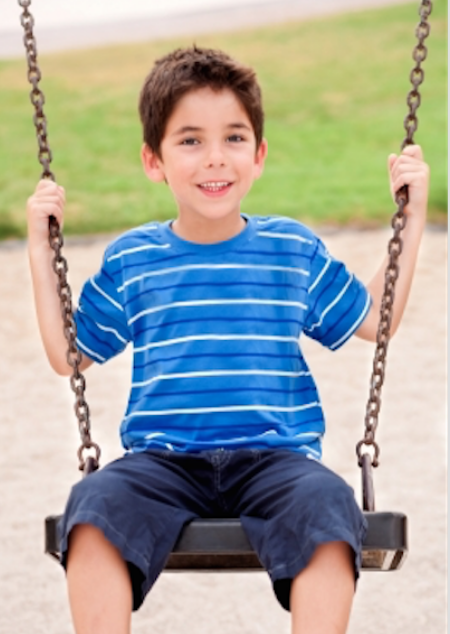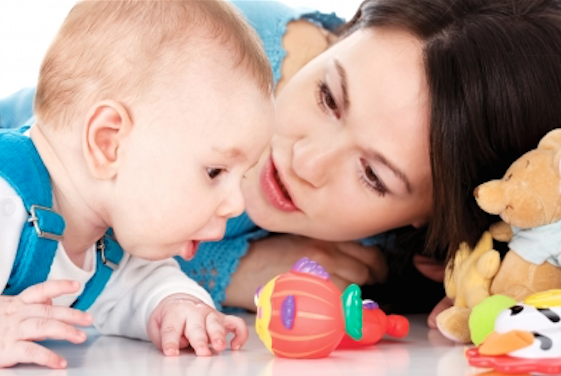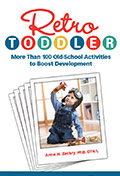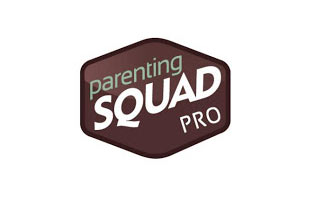Do you want to foster your child’s emotional development? Emotional Development in children is very important, so I would highly recommend having conversations about emotions with your little one as frequently as possible. When you are talking with your child, it is important to name emotions whenever possible, whether you are talking about someone else’s feelings or your child’s feelings. This will help your child understand specific emotions, especially negative feelings like anger, fear, or sadness that your child may find disturbing or confusing.
For example, if you are reading a story to your child, define particular emotions, such as, “furious is when you are really, really mad.” It is also important to link events in your child’s life with the emotion that you are reading about. For example, “remember, that’s how you felt when your sister broke your toy truck.” This allows a youngster to have greater emotional understanding. Obviously, as parents, we can play an important role in our children’s emotional development, and having open conversations about emotions is a great way to start!
Healthy and loving relationships help a young child to feel a sense of comfort, security, and confidence. When a child feels secure, they are more likely to form friendships, share emotions, and to deal with difficult situations. Healthy relationships also help children to be more trusting and empathetic.
Here are a few more tips for promoting emotional development in children:
- Be affectionate- freely give your child hugs, kisses, and plenty of loving “pats on the back”
- Be there for your little one– always be available for reassurance, providing a “home-base” for your child to always return to if scared or in need of support.
- Use play- offer puppets or dolls to act out a story about your child’s frustrations or fears, for example, having to share a favorite toy with a peer, or separating from you at preschool. Have your child draw a sad picture when he is feeling down, or make a happy face using finger paints when she is cheerful.
- Encourage friendships- children need to be around peers in order to practice sharing, taking turns, and resolving disputes. Playing with peers can help your little one develop all of these important skills.
- Encourage empathy- help your child understand how other people are feeling by describing how others might be feeling in certain situations: For example, “Susie is feeling sad because she misses her mom. Let’s see if we can cheer her up.
- Praise for effort– When your child is working hard on a task, praise him for working hard, not for results. Say, “I like how hard you are trying. You are really working hard!”
- Be a good example- show your child through your actions that there are many healthy, non-hurtful ways of expressing feelings.











